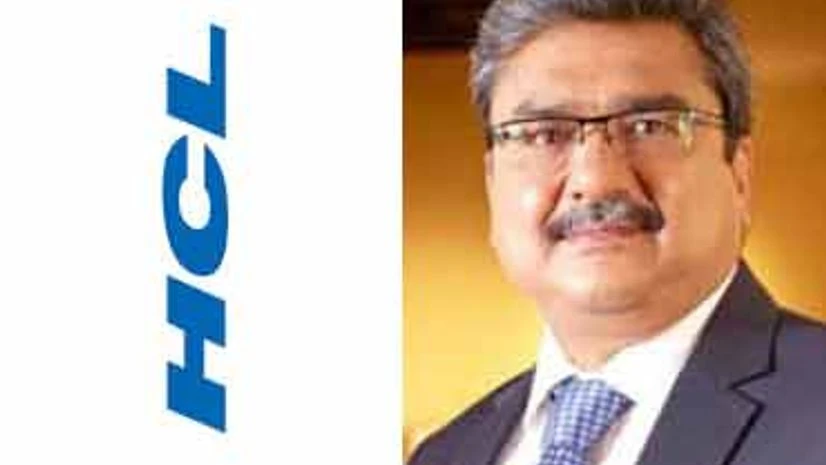In the January-March quarter, HCL Technologies disappointed the Street, missing both revenue and profit expectations. Anant Gupta, president and chief executive officer, tells Karan Choudhury why the company feels bullish on its future. Edited excerpts:
What held HCL back in the quarter, while larger peers Infosys and TCS posted solid all-round growth?
We do not measure our business quarter-on-quarter; we do it on a year-on-year basis. YoY, our numbers are quite strong; we have delivered 11.6 per cent growth in our dollar revenue (constant currency), a very solid one. If you drill down into geographies, the Americas grew 14.4 per cent, Europe grew 9.8 per cent and the rest of the world, excluding, India grew well at 12 per cent. Pretty good growth all across and margin has also expanded. Coupled with what we continue to invest and whatever disruption we have seen in the market, we obviously keep making our choice. You don’t set up a factory and say that the next quarter, I will close it. Our businesses are focused on the mid to long term and we continue to invest in these as we see the market pipeline.
Also Read
On what basis are you saying that the quality of revenue is going up? You are still heavily dependent on infrastructure, a kind of low hanging fruit, with lower margins. Your margin profile as compared to peers is also not comparable.
Quality of revenue is defined from our perspective as what is the recurring nature of that capability. So, whether the revenue is coming from infrastructure, application or engineering, the quality is derived from the long-term nature of these contracts and their visibility. When these two things are high, the quality of revenue becomes high.
While you have been adding a healthy number of clients almost every quarter, with the total contract value (TCV) of deals signed during the past nine months crossing $4 billion, why are those not reflecting in the quarterly numbers?
If you look at our top five and top 20 clients, they are all healthy. The translation is not appearing for two reasons, First, most of the large contracts signed the previous year were one-time. Once they continue to come, it would aid in terms of recurring revenues. Second, some of the large deals might look huge but as we smoothen it from a revenue standpoint, it would be smaller. Our engineering services business grew by 23 per cent in the previous quarter; in this quarter, it has grown 18.1 per cent YoY. So, both the numbers are good. But, why is the depletion there? Because the customer is gone; when you take over a number of people and structure a large engagement four-five quarters back, there is obviously going to be a decrease in the revenue profile.
Is there any slower project start and slower ramp-up of projects by clients than anticipated?
Different deals have different on-boarding timelines and different transformation and transition timelines, depending on the complexity of engagements. Some of the large deals might just switch on the next day. There is no general rule; nothing has shifted there.
How does the overall information technology outsourcing market look like? Are you facing challenges in certain sectors like BFSI (banking, financial services and insurance) and telecom, which of late are seen struggling?
I think we have to prepare for a couple of more quarters before we see all those come back in. For us, telecom has its own challenges, much like the energy, oil and gas segment, but we are growing strongly there. Telecom for us grew 22 per cent YoY and energy grew 17 per cent. It is really a question of finding out what is the right offering for this market. Different players will have a different offering. We do believe that HCL will benefit out of the shifts that’s happening in industries like telecom, health care and energy, with its differentiated offerings.
The IT services sector in India seems to be adding fewer headcount. What is your hiring outlook for the ongoing year and do you see it getting impacted by increasing automation?
We have been largely following the just-in-time hiring model and will continue to do that. As we continue to optimise our mixed engagements more into the recurring phase, we will continue to get fresher talents in and train them. Automation is not something new; it will keep maturing over the next three-four years. Non-linearity has been part of our strategy and would continue to be so.

)
